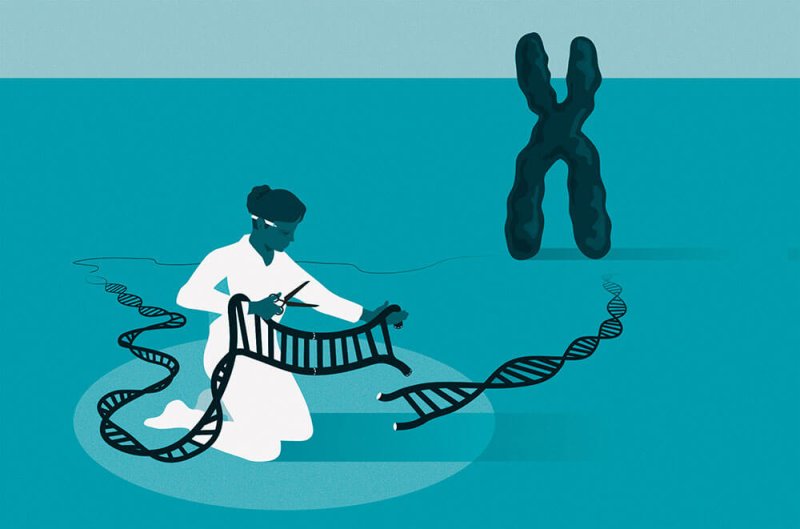Chinese researchers say they have developed a new gene-editing tool that is more efficient and safer because it does not permanently change the genome.
Scientists from the Chinese Academy of Sciences said the new tool uses CRISPR (clustered regularly interspaced short palindromic repeats) technology – a natural defense mechanism that allows bacterial cells to detect and destroy the viruses that attack them and has become one of the most commonly used gene-editing techniques in recent years.
The new approach uses the Cas13 enzyme, which targets RNA. The technique is believed to be safer since RNAs are transient molecules that only exist in the cell for a limited period of time and are not integrated into the genome.
“Compared to DNA editing techniques, the Cas13 gene editing system is safer, and the effects are more controllable and short-lived,” Yang Hui, the corresponding author of the study.
…
In a study published in the peer-reviewed journal Nature Biotechnology [recently], Yang and colleagues wrote that they had designed a system to detect the collateral effects of Cas13 in mammalian cells, and then used this to design a large number of variants.
“In short, Cas13 variants with minimal collateral effect we developed are expected to be more competitive for in vivo RNA editing and future therapeutic applications,” the authors concluded in the study.































